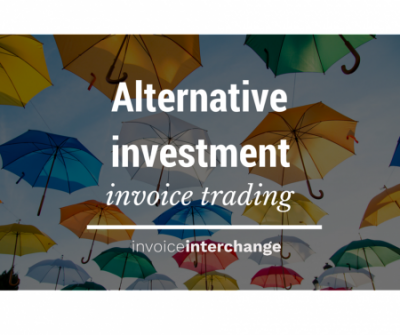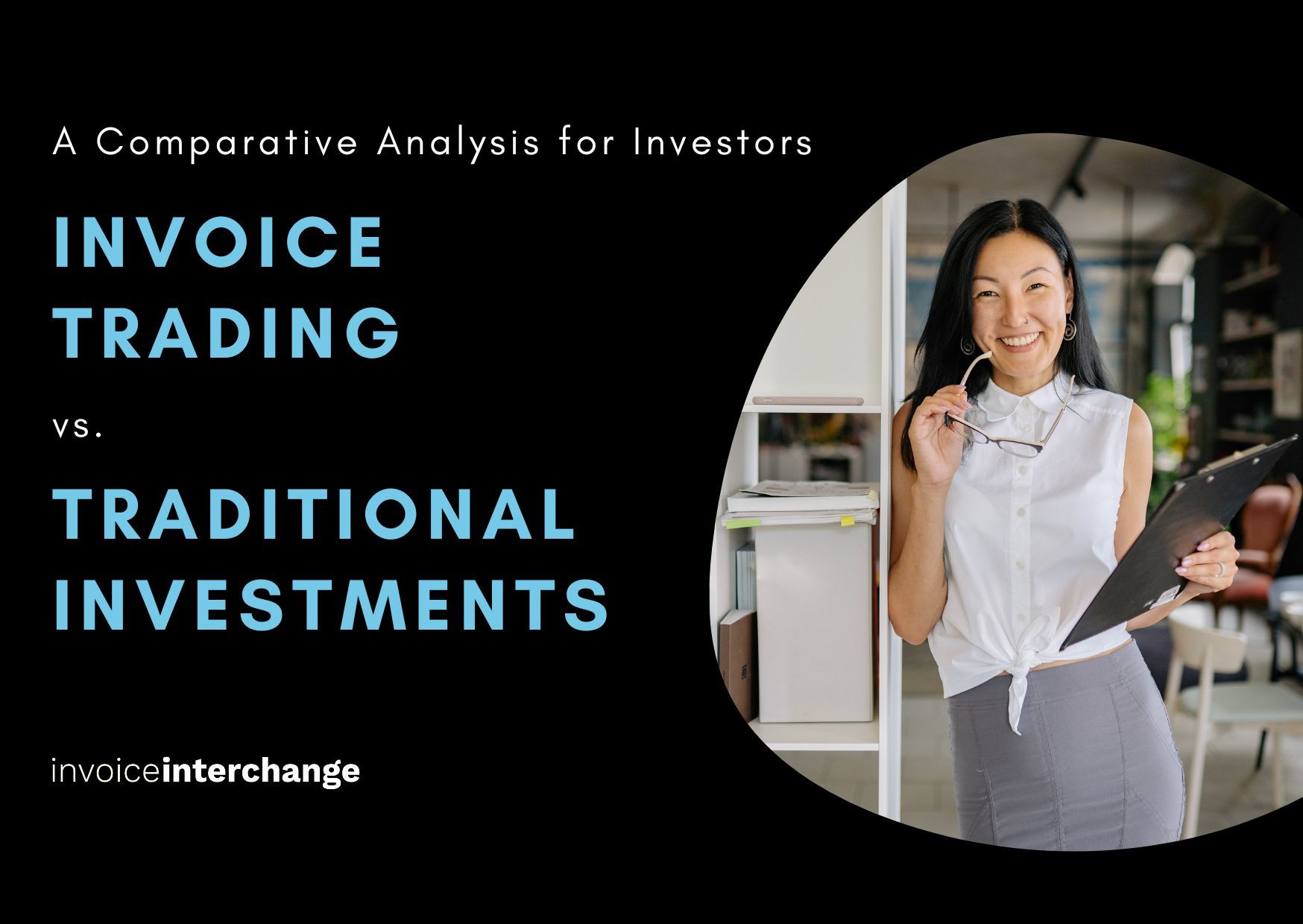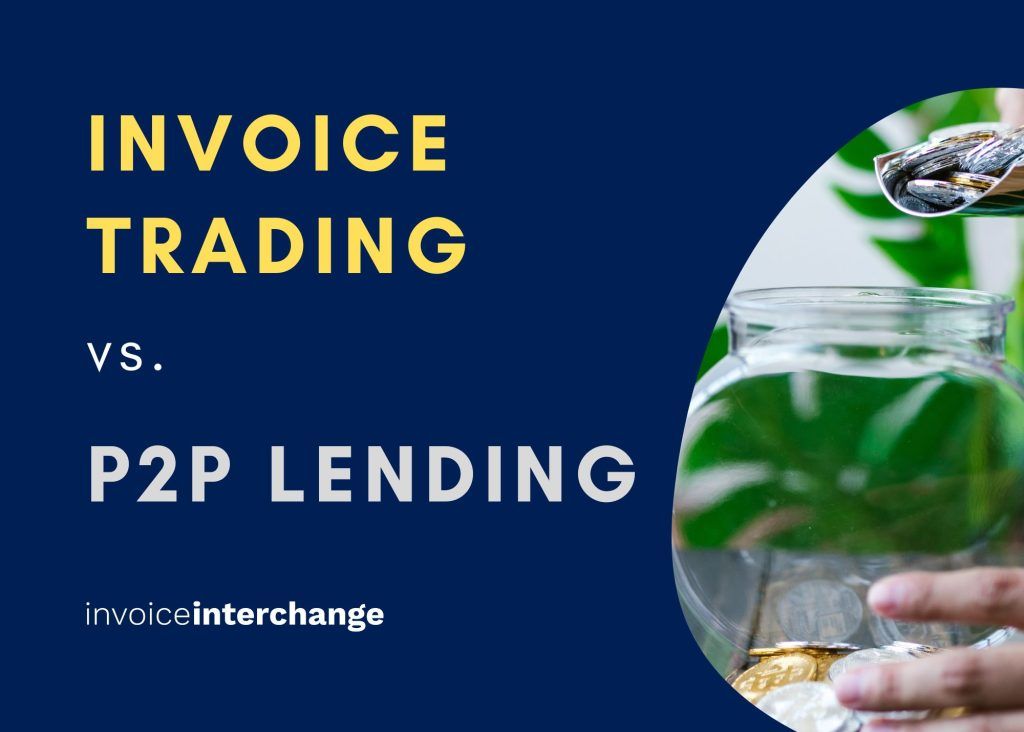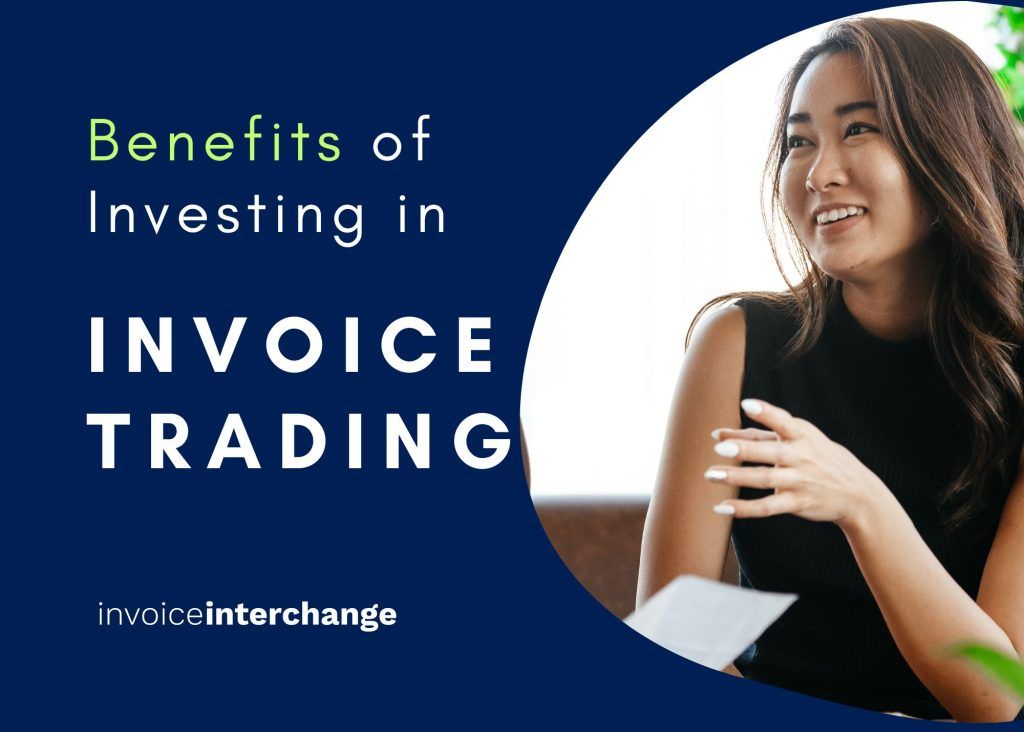
Invoice Trading, Is it a Risky investment?
Alternative Financing Option: Overview
Invoice financing has been in existence since the advent of business and until recent times this investment class has always been monopolised by the large financial institutions. It is only now in the era of the internet that the general public can trade or invest in this asset class through Invoice trading platforms as p2p marketplaces.
Alternative Financing Option: What is Invoice Trading?
Invoice Trading is an alternative financing option and as a popular p2p lending option where business sells their outstanding invoices online to investors to obtain cash immediately, rather than wait for 30-90 days for their customer to pay off the invoices. Investors who had advanced the cash will receive a prior agreed return once the invoice is settled (i.e. 30/60/90 days).
Since this Invoice Trading is a fairly new concept, questions have been raised on whether invoice trading is a good investment?
To answer this, firstly we have to understand the underlining product of Invoice Trading which is the invoice itself. So let’s look from the risk perspective; credit risk and market risks.
Credit risks
The invoice is not settled by the Debtor. This includes partial payments and no payments. This could be due to:
– Dispute, damage goods, expired goods, returned goods
– Financial difficulties
In this scenario, it is the Invoice Trading platform role and responsibilities to minimise such credit risks. The following actions are taken:
– The Invoice Trading platform will conduct rigorous credit assessment on both SMEs and their customers (Debtor). Taking on only invoices from credit worthy SMEs and debtors.
– ensure the cash advance from Investors to the SMEs is never more than 90% of the face value of the invoice to minimise risk to investors in event the debtor does not pay the full amount
– Sufficient securities are held to cater for any default. This includes personal guarantee by the owners of the businesses.
– Legally binding agreements and contracts are in place to ensure the debt will be managed and repaid back by the businesses
Market risks
Economic downturn, causing companies not able to repay invoices.
Invoice trading characters are; short term / liquid, ranging between 14 days to 90 days. Invoice trading platform usually only takes on large creditworthy end customer, being MNC, listed company or the government. The risk of these creditworthy companies impacted by economy down turn is much lower than SMEs. In the unlikely event that the debtor defaults, the personal guarantees by the SMEs director as described above will protect the investor. Therefore, the risk of Investor’s cash not recovered is low. Invoice Trading offers a safer alternative financing option compared to lending to SMEs and trading in equity shares during economic downturns.
In conclusion, invoice trading offers a more stable financing options compared to other riskier asset class like loans and equities. Investors should always assess alternative financing option carefully. Invoice trading, the alternative investment for savvy investors.
Related Articles

Invoice Trading vs. Traditional Investments: A Comparative Analysis for Investors

Invoice Trading vs P2P Lending
